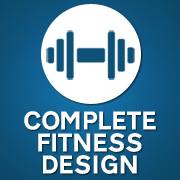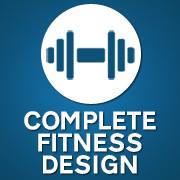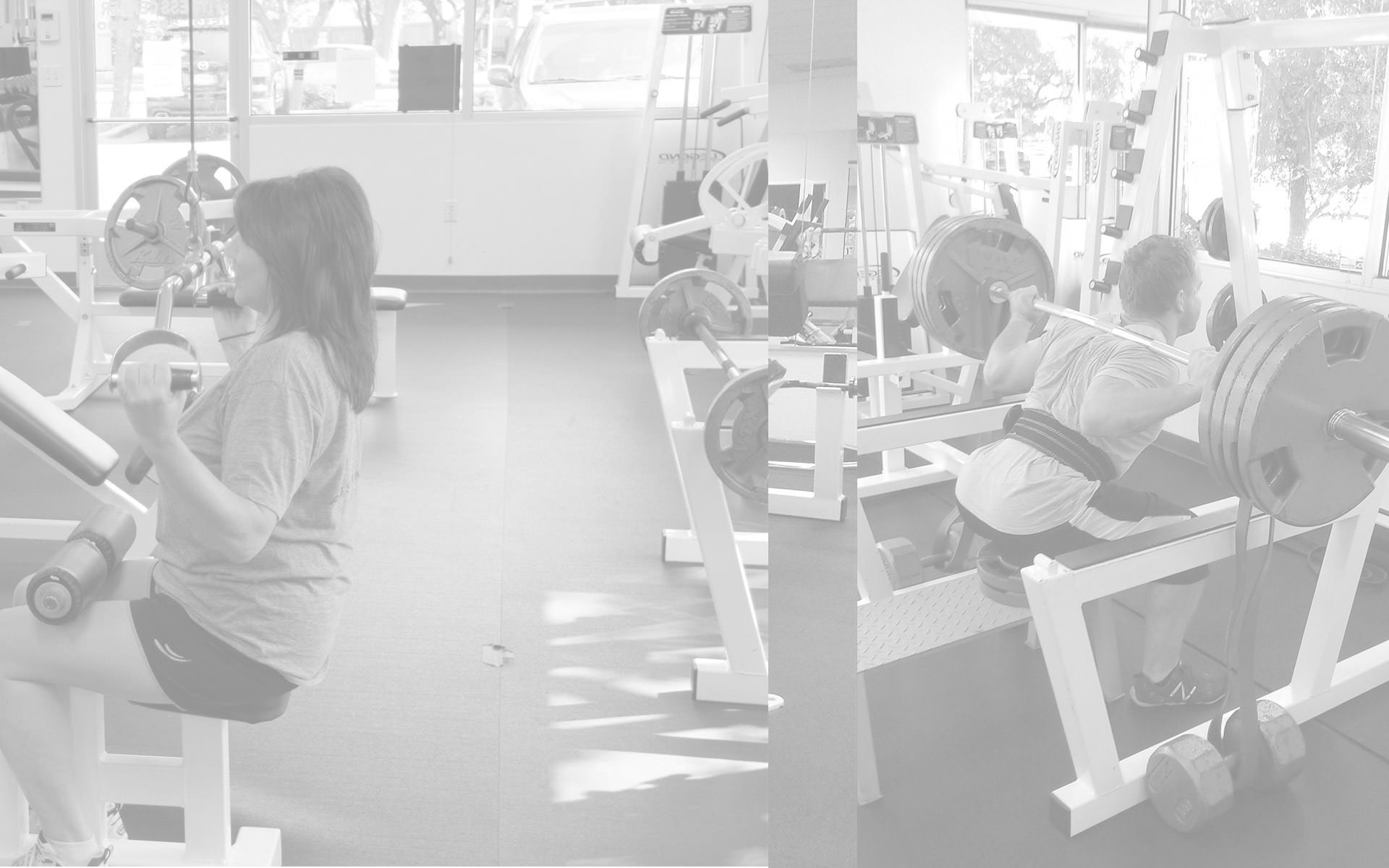Exercise Order: Know Which Exercises To Do First?
One question I often get, is what exercise order should one do their exercises. That’s a very good question, but one that has an infinite number of answers. This matter, like any other fitness matter, exercise is a very personal thing and must be thought through and decided upon on an individual basis.
If today is the day you have designated as chest and shoulder day, for example, which muscle group should you work first? What would the exercise order be?The only way to ascertain this would be to know what your overall goals are, for starters. Are you training for aesthetics, strength, or cardiovascularly? Do you have any injuries which need to be trained around? What does your nutrition look like? Do you have the proper fuel to withstand a heavy large muscle group workout, or are you out of gas and tired?
If a client has an imbalance throughout their pecs, for example, I would train delts first, and pre fatigue them. Their exercise order would be different than if there were minimal or no imbalances. The purpose of this approach would be to limit the amount of stress we would put upon the pectorals. By exhausting a stabilizing muscle group before you train the antagonist group, we have limited the load bearing capabilities as there simply would be inadequate support and stability for heavy lifting.
If the client has lagging development in a certain area, and no physical limitations, I would change the exercise order and advocate training the bigger of the muscle groups first, thus not limiting our ability too fully tax them from having worn out the stabilizers beforehand.
If the client is simply doing aerobic weight training, you can make several arguments about which to train first, and all would be generally valid. It would simply depend if all reps were in the same range. If that were the case, then the order would be inconsequential. If you are looking to get more reps from the bigger muscle group, then naturally, we would target that muscle group first.
Weight training isn’t limited in it’s approaches, but rather by people’s imaginations and/or their lack of knowledge. If you are looking for a new methodology of training, nutrition, physical therapy, etc, contact a well qualified and experienced personal trainer for help.
Ready to Get Started?

Andy

Latest posts by Andy (see all)
- Workout Motivation: How To Get Motivated To Work Out - March 9, 2022
- Body Fat Types: Subcutaneous and Visceral Fats - June 1, 2019
- Why Diets Work If You Stick With Them - April 1, 2019






